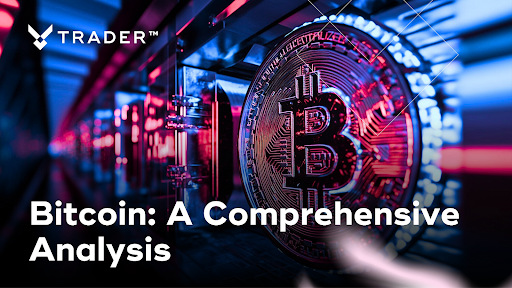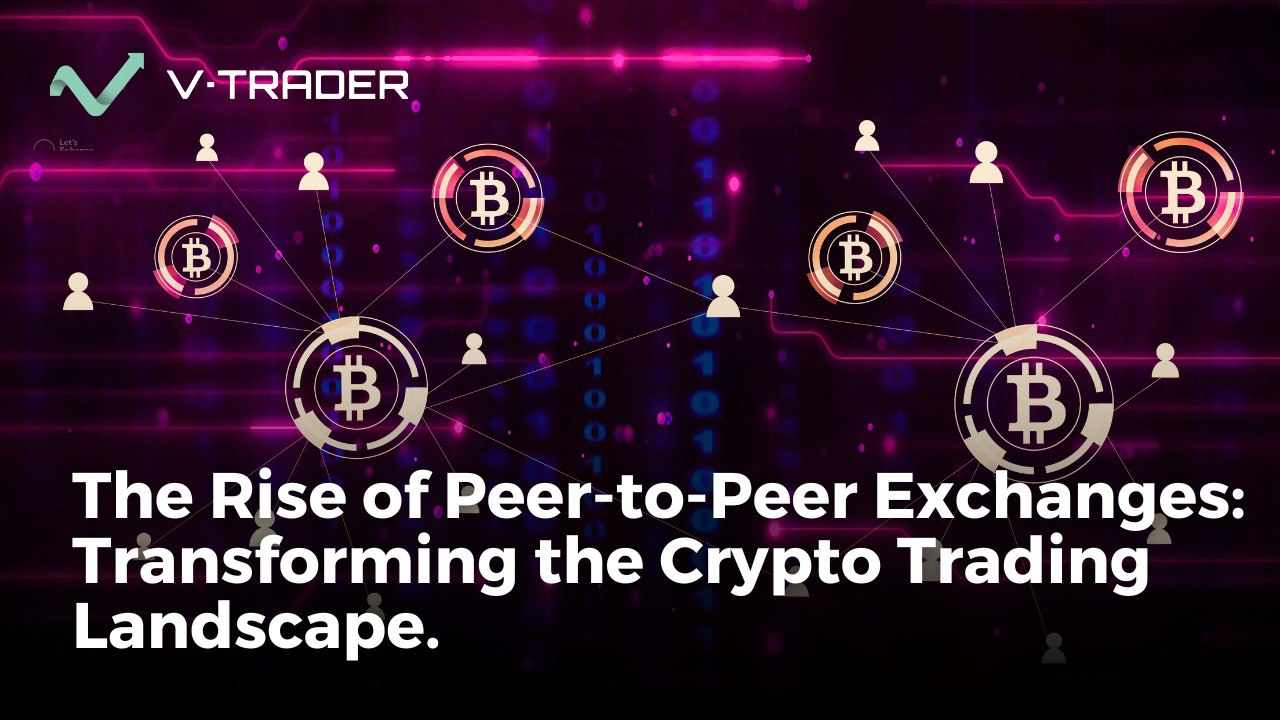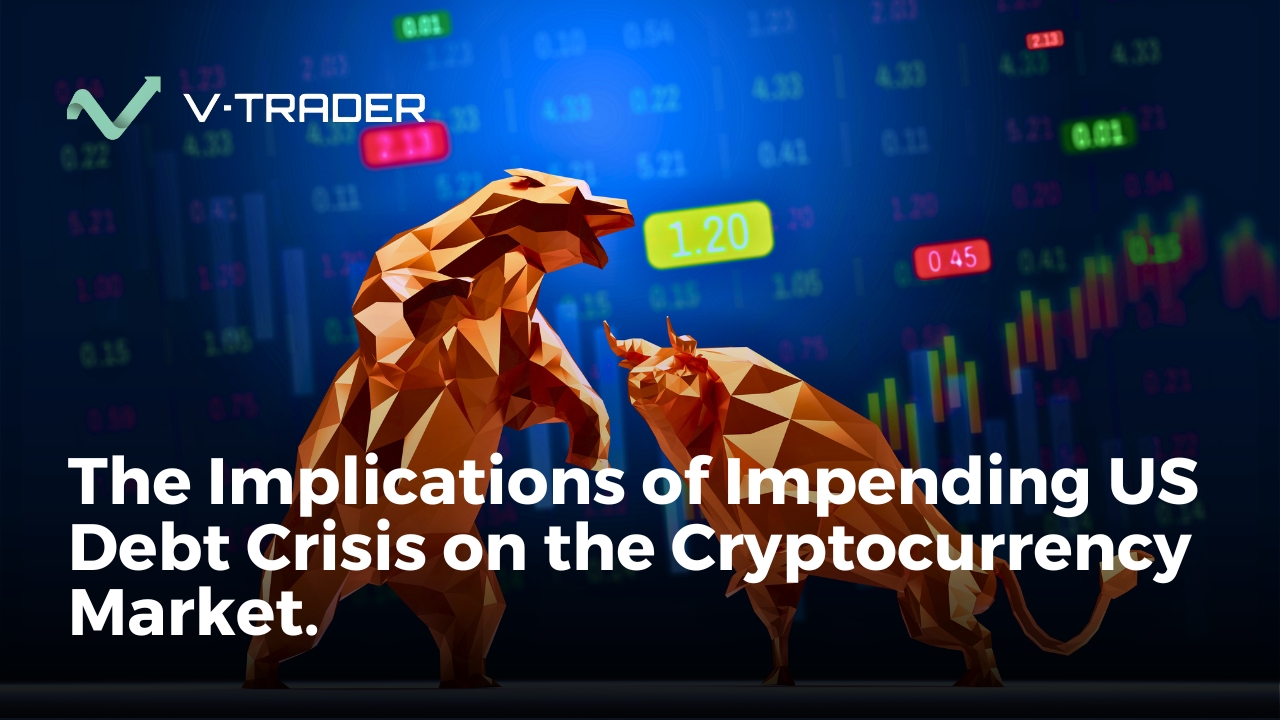So… What’s the Deal with Bitcoin, Anyway?
You know that thing where everyone at brunch suddenly becomes a financial guru? You’re just trying to enjoy your eggs Benedict, and someone starts explaining blockchain like it’s common dinner table conversation. Yeah, welcome to the world of Bitcoin.
If you’ve felt out of the loop or just nodded your way through one too many crypto convos, don’t worry. You’re not alone. Bitcoin is both super simple—digital money!—and deeply complicated—math, mining, regulation, environmental impact, etc. But we’re going to walk through it together, like two friends chatting over coffee. No charts. No spreadsheets. Just real talk.
First off, What Is Bitcoin?
Think of Bitcoin as money made for the internet. No banks. No middlemen. No government backing it. Just a bunch of computers agreeing on who owns what.
It all kicked off in 2009 when someone (or a group of someones) named Satoshi Nakamoto dropped a nine-page whitepaper that basically said, “Hey, what if we fixed money?” And people were like, “…Huh. Interesting.” What started as an experiment quickly snowballed into a revolution.
At its core, Bitcoin is just digital cash. But unlike the dollars in your Venmo or PayPal, it’s not tied to a central bank or a payment company. It’s decentralized—meaning no one runs it, yet everyone does. It’s peer-to-peer, like if PayPal and email had a baby… but way more complicated and kind of rebellious.
Enter: The Blockchain (AKA The Backbone)
Okay, let’s talk about the tech without your eyes glazing over.
Imagine a giant notebook in the sky. Every time someone sends or receives Bitcoin, that transaction is written down in this notebook. But here’s the twist: the notebook is copied across thousands of computers around the world. And everyone agrees on what’s written in it. That’s blockchain.
Each page of the notebook is a “block,” and once it’s full, it’s sealed and linked to the next. Mess with one page, and the whole book falls apart. That’s what makes it secure and tamper-proof.
The people who help write in this notebook are called miners. They’re not digging in the dirt—they’re solving complex puzzles to confirm transactions. In return, they get paid in Bitcoin. It’s like a game show, but instead of prizes, they get digital gold. And yes, it uses a ton of energy. More on that later.
So… Who exactly is in Charge?
To be honest, the short answer is no one is, which is kind of the point.
There’s no CEO of Bitcoin. No customer service hotline. It’s just code and consensus. The rules are baked into the software, and if someone tries to cheat, the rest of the network basically says, “Nice try bud, try again, that doesn’t work around here…”
This makes Bitcoin unkillable. You can shut down a company. You can fire a team, you can hide transactions. WIth Bitcoin, none of those old world corporate tactics work. You can’t shut it down.
So Why Are Governments Panicking?
Good question.
See, money has always been a tool of power. And suddenly, here’s this system that lets people send millions across borders without approval. That… makes regulators sweat.
Some countries have embraced Bitcoin with open arms. El Salvador even made it legal tender (which, if we’re being honest, still feels wild). Others, like China, banned it outright. Most governments are somewhere in the middle—trying to regulate it without stifling innovation.
Then there’s the rise of CBDCs—Central Bank Digital Currencies. Basically: “Let’s take the cool tech behind Bitcoin, but make it government-approved.” These are digital versions of national currencies, controlled by—you guessed it—central banks.
It’s like crypto with training wheels. Or a fenced-in dog park for money.
Why Do People Actually Use This Stuff?
People are tired. Tired of having to work so hard for so little in return. There are so many reasons to trust in the Blockchain. Bitcoin is a stable and trusted escape.People use it to escape crumbling third world economies or government surveillance. Then there are those who are in it for the thrill of the chase- try losing ten grand in one sitting, it’ll humble you, and also make you and adrenaline junkie.
And then there are the dreamers. The ones who believe Bitcoin can build a more fair, open, and transparent financial system. For them, Bitcoin isn’t just money—it’s a movement.
Oh, and let’s not forget the practical stuff. Sending money abroad with traditional banks can take days and cost a small fortune. Bitcoin? It can be faster, cheaper, and way more direct.
Buying Bitcoin 101: It’s Easier Than You Think
No need to meet a stranger in a trench coat behind a diner. The suspicious characters that used to define Bitcoin are no longer necessary evils.
These days, you can buy Bitcoin on apps like Coinbase, Cash App, Binance, or Kraken. Just sign up, verify your identity (yes, you still have to do that), link a bank account or card, and voilà—you’re in the game.
Once you buy, you can leave it on the exchange… or, if you’re smart, move it to a wallet you control. Think of wallets like bank vaults—but digital. There are “hot” wallets (online and convenient) and “cold” wallets (offline and super secure). Choose your own adventure.
But don’t go all in without doing your homework. Bitcoin is volatile. Prices swing faster than a toddler on a sugar rush. So unless you like rollercoasters, maybe don’t bet on the house.
Bitcoin’s Best Qualities (AKA Why People Love It)
Let’s run through the good stuff:
- Freedom: Send money without needing a bank’s permission.
- Access: Anyone with internet access can participate—even if they don’t have a bank account.
- Security: Transactions are secure, verified, and recorded on an immutable ledger.
- Transparency: Every transaction is public (though wallet identities are pseudonymous).
- Innovation: The tech behind Bitcoin has inspired new industries—DeFi, NFTs, smart contracts… the whole Web3 universe.
Oh, and did I mention you can split a Bitcoin into tiny pieces? You don’t have to buy a whole one. Just grab a slice (called a satoshi) and you’re good.
But Let’s Not Pretend It’s Perfect
Bitcoin has issues. Big ones.
- Volatility: Prices can swing 10% in an hour. Great for gamblers, nerve-wracking for normal people.
- Environmental impact: Mining consumes a ridiculous amount of electricity. Like, “more than some countries” levels. Not exactly climate-friendly.
- Security risks: If you lose your wallet key, you lose your money. There’s no “forgot password” button here.
- Scams & hacks: Exchanges have been hacked. People have lost millions. It’s still a bit of the Wild West.
- Regulatory uncertainty: Depending on where you live, Bitcoin could be taxed, banned, or just confusing to deal with legally.
So yeah, it’s exciting—but not exactly easy-breezy.
What’s the Endgame?
Will Bitcoin replace money? Will governments ban it entirely? Will we all be buying coffee with satoshis in 10 years?
Who knows.
What’s clear is this: Bitcoin started a fire. Whether it’s your thing or not, it changed how we think about value, trust, and ownership. And it’s not going away anytime soon.
The tech is evolving. Regulations are catching up. People are learning, adapting, experimenting. Whether you’re an investor, a builder, or just a curious bystander, it’s worth paying attention.
Because love it or hate it, Bitcoin is part of our financial future. And maybe—just maybe—it’s teaching us to ask better questions about the systems we’ve taken for granted.
TL;DR (Too Long; Didn’t Read)
Bitcoin = digital money without banks. It’s built on blockchain tech, decentralized, borderless, and kind of a big deal. But it’s also volatile, controversial, and energy-hungry. Buy some if you’re curious—but do it with eyes wide open, a healthy sense of caution, and maybe a backup plan or two.
The revolution will not be televised. It’ll be peer-to-peer.

Steve Gregory is a lawyer in the United States who specializes in licensing for cryptocurrency companies and products. Steve began his career as an attorney in 2015 but made the switch to working in cryptocurrency full time shortly after joining the original team at Gemini Trust Company, an early cryptocurrency exchange based in New York City. Steve then joined CEX.io and was able to launch their regulated US-based cryptocurrency. Steve then went on to become the CEO at currency.com when he ran for four years and was able to lead currency.com to being fully acquired in 2025.


